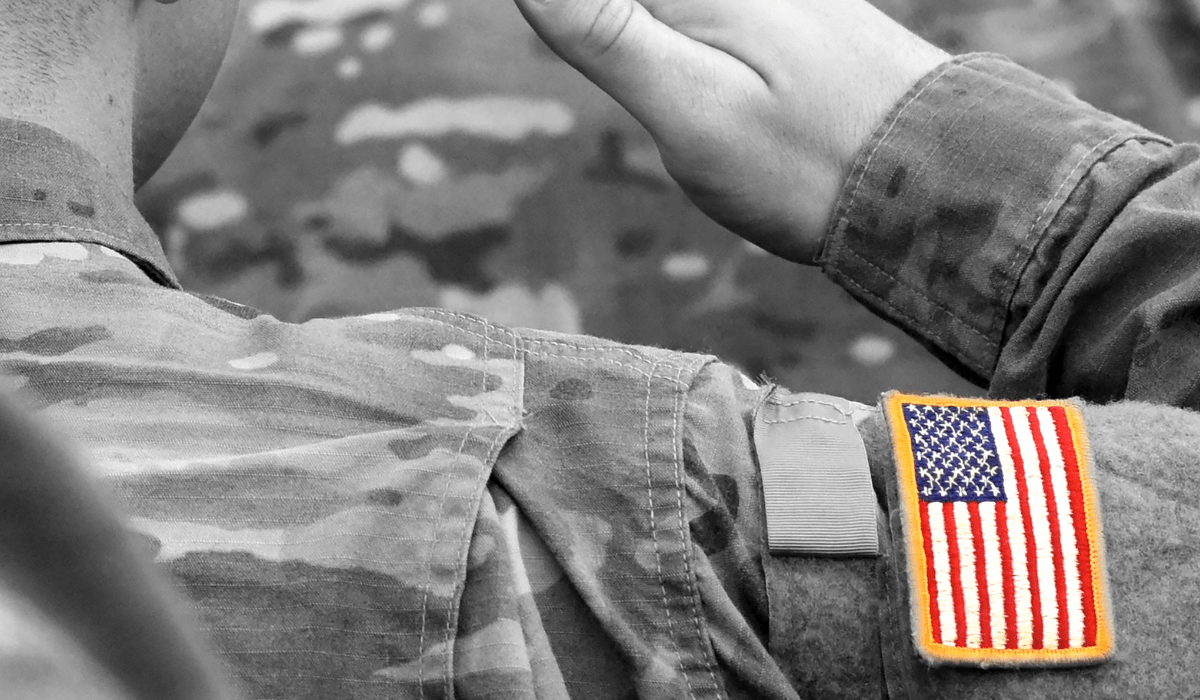
Intent is an important factor in distinguishing “desertion” from “absent without leave” (AWOL). Article 85 UCMJ deals with desertion while Article 86 UCMJ deals with absent without leave. The intent to remain away permanently, avoid hazardous duty, or shirk important service distinguishes desertion from absent without leave. Remember, the government must prove a Soldier harbored such specific intent to prevail in any desertion case.
In U.S. v. Huet-Vaughn, 43 M.J. 105, 116 (1995) the court held that any evidence that an accused intended to remain away temporarily is relevant to the merits of any desertion case. In U.S. v. Collins, 60 M.J. 261 (2004), the court held that besides evidence that an accused intended to remain away, any evidence tending to show that the accused did not have the capacity to harbor such intent is also relevant. The “mistake of fact” defense, requiring only an honest mistake in the case of specific intent, may be available under the circumstances of a desertion case.
If you have been charged with a crime and would like the legal advice of a Hawaii court martial military defense lawyer then you should contact Bilecki Law Group today. Our legal team is available seven days a week, 24 hours a day.
Defending Service Members Globally
Wherever Duty Calls, Our Defense Follows




